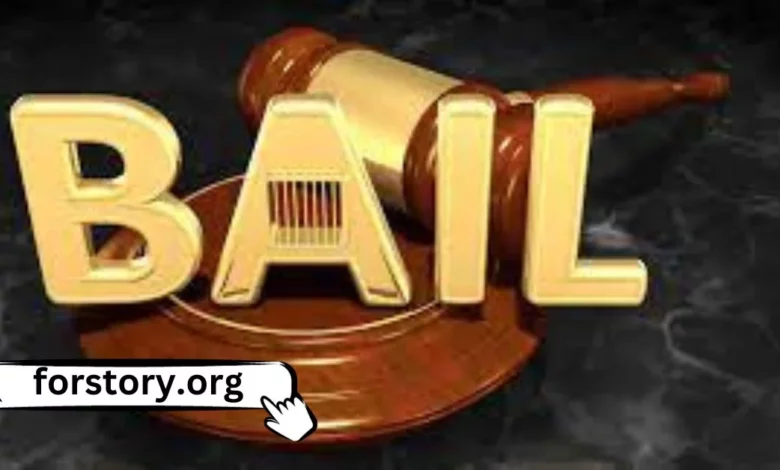The 6 Most Common Bail Bond Mistakes You Should Avoid

When you find yourself in a situation where you or a loved one needs to post bail, it’s crucial to navigate the process with care.
The world of bail bonds can be complex and overwhelming, but by avoiding some common mistakes, you can ensure a smoother experience.
Here are seven mistakes you should steer clear of.
Lying About Your Situation
During the bail bond setup, you’ll be asked several questions by the bail bond service and the courts. It’s important to respond truthfully to all these questions.
These inquiries help determine your ability to pay the bail and assess your reliability in attending court dates after release. Failing to be truthful can result in your bail bond being revoked or even landing you back in jail.
Picking an Unlicensed Bail Bond Service
Coming across fraudulent and inexperienced bail bond agents and services is not rare. Some may charge exorbitant rates or lack the necessary expertise to handle your case effectively.
Avoid unnecessary financial strain and potential complications by selecting a reliable, well-reputed, and licensed bail bondsman. Always ask for their license number, and if they hesitate or cannot provide it, it’s best to find another bail bond service promptly.
Getting in Trouble While Out on Bail
When granted bail, it signifies that the court trusts you to stay out of trouble while awaiting trial. It’s essential to honor that trust. Maintain a low profile, avoid associations with individuals who contributed to your initial troubles, and spend quality time with your family at home.
If you engage in illegal activities while on bail, your bail will be revoked, and you’ll find yourself back in custody. You will also lose the money spent on your bail bond, which is a significant waste.
Choosing the Wrong Cosigner
If you’re unable to afford the bail bond, securing a cosigner can be a lifeline. Friends, family, or relatives who are willing to help carry considerable power in this scenario. The cosigner needs to be approved by the bail bond service and possess a government-issued ID card and proof of employment.
Treat your cosigner with respect and kindness, as upsetting them may cause them to back out, leaving your bail unpaid and resulting in your return to custody. If your cosigner gets their income from their Social Security Insurance (SSI), it’s best to talk with a social security disability lawyer beforehand.
Failing to Show up to Your Court Date
The judge overseeing your case plays a pivotal role in the outcome of your court proceedings. One simple way to garner favor is by showing up to your scheduled court date. Missing this important appointment will result in forfeiting your bail bond money and potentially lead the judge to view you unfavorably.
This, in turn, can result in longer jail times or a harsher sentence. Make a priority of attending your court date to maintain a positive image.
Breaking Travel Restrictions
When you’re released on bail, specific rules and restrictions may be imposed. Some individuals may be prohibited from traveling, while others may have limitations on socializing with certain individuals. If your bail bond document states a travel restriction, avoid traveling altogether.
Conversely, if you’re allowed to travel, inform your licensed bail bondsman of your plans to ensure they are aware. This way, they can remain in contact with you in case of any unexpected developments.




